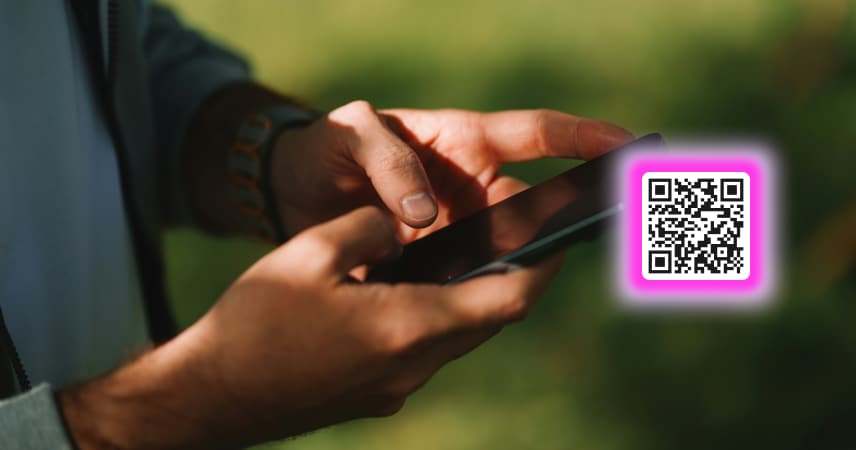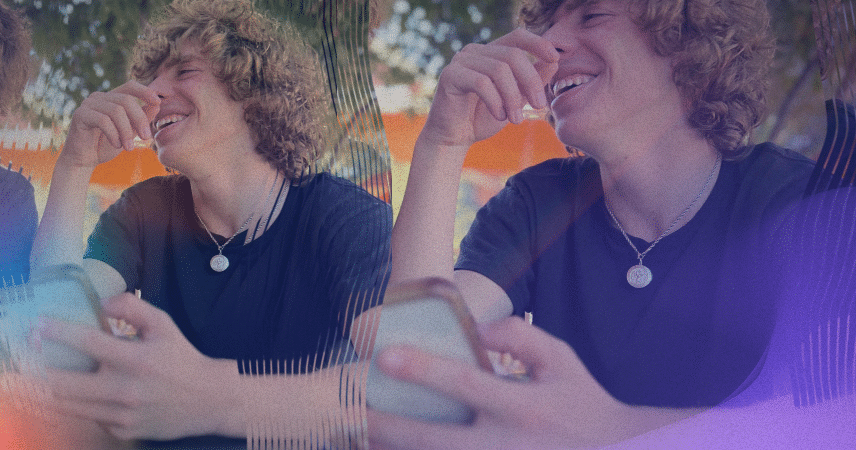Recognizing A Toxic LGBTQ+ Relationship – Be On The Lookout For These 8 Signs

LGBTQ+ romantic relationships are complex. They involve lots of mutual give and take, honest communication, and commitment to the well-being of each other. But in addition to those rather normal things that make any relationship healthy, you both are members of a community that is often scorned, bullied, and discriminated against. This adds another level to the relationship, especially the dating part.
When things are just “not right,” you may be in a toxic dating relationship. Here are eight signs you just might be.
-
Lack of Trust
Here’s the thing about trust. Every dating relationship begins on a level of trust. Over time, that trust is either reinforced or eroded. What’s going on in yours? Has there been some infidelity and lots of “I’m sorry, I’ll never do it again” statements? Are you afraid it will happen again anyway?
And how about other trust issues. Does your current squeeze do what they say they will? Do they honor your needs, show up on time, and do the things you ask to make your life easier and better? If these things are not happening, trust erodes.
-
Hiding You or the Relationship
You have come out and are proud of your sexual identity. Your partner has not and wants to continue to hide theirs. It’s one thing for your partner to want to hide their identity and your relationship from family members but to the whole world? Is he hiding your relationship from fellow members of the LGBTQ+ community too? Something is wrong here. If you have to sneak around to have dates, it will only lead to arguments and cause you to wonder what else he is hiding? Being forced to date in the shadows is toxic.
-
Regular Lying
If your partner is a regular liar, you will eventually catch this. And they will respond in one of two ways. They will either make up other lies to cover up, or they will respond in anger and try to deflect by bringing up faults that you have. The fact is, no matter how big or small the lies are, it indicates a lack of respect for you and for the relationship. Can we say “toxic?”
-
Taking But Never Giving
This can be common in LGBTQ+ dating relationships. There are givers and takers in this world. But a healthy relationship involves both on the part of both partners. If you are always the giver and getting nothing in return, and you keep doing this, you are in a codependent relationship. Eventually, it will lead to resentment and anger on your part, and those emotions by themselves are toxic. Besides getting out of the relationship, you may need some professional help to not repeat the same relationship in the future. Sometimes, givers look for relationships in which they can be the rescuer and take care of someone else – it’s a horrible pattern.
-
Bad Communication
When couples don’t have the skills or the desire to really communicate, things go downhill fast. Discussions about the relationship end up being arguments, filled with angry criticisms, put-downs, etc. Sometimes bad communication is more subtle – the silent treatment, constant interrupting, hearing but not really listening, and such. Overt or subtle, bad communication means the relationship is toxic.
-
Controlling and Manipulative Behaviors
Your partner must know where you are at all times; they are constantly checking your phone; they are attempting to isolate you from your family and friends; they make threats to leave if you don’t conform – all bad stuff. This is a sign of an insecure and narcissistic personality. Do you really want to be strapped with that?
-
You Feel Exhausted
You are putting all of your spare time and energy into meeting your partner’s needs and into the relationship. You run to the store to buy something they have mentioned they would like to have for dinner; you find yourself rushing to do their laundry or making certain that your place is quiet if they take a nap or have their favorite toilet paper or shower soap on hand. To do all of this, you neglect self-care and a life outside of the relationship. You lose sleep; you are worried and anxious about where they go and what they are doing. This is no way to live, and they don’t want things to change – life is great for them.
You Make Excuses for Your Partner’s Bad Behavior
Others see bad behaviors and/or mistreatment of you and point them out. You find yourself making excuses (they’re just in a bad mood today), even though you know in your heart your friends tell the truth. You do this just to keep the relationship going and to fend off other criticism that you don’t want to hear.
Are You Living in Toxicity?
It’s time to get honest with yourself. If you are living the nightmare of these eight circumstances, then you have to get your situation fixed. The first step is to get out of the relationship, but that is the subject of another article. The second step is to get some professional help so that you never get into a toxic dating relationship again.
Conclusion: How Do You Get Out?
The prospects for fixing the relationship are not good. Your partner has patterns of behavior that have developed over time. And you do too. The best course of action is to make a clean break and then work on your own behaviors to avoid such a relationship in the future



